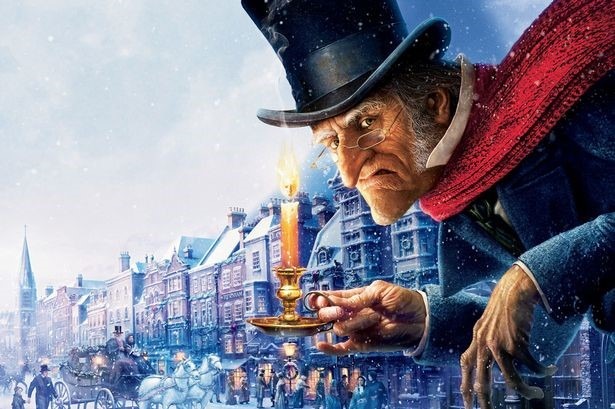One of the most famous English novels was published in 1834. Charles Dickens’ A Christmas Carol tells the story of a rich man called Ebenezer Scrooge who treats his workers poorly and does not believe in Christian charity. It was written at a time when a lot of the Christmas traditions we celebrate in England today were having a renaissance – a growing middle class was starting to celebrate Christmas as a time to indulge in rich foods, give each other gifts and sing more secular Christmas songs or ‘carols’.
‘Humbug’ means ‘nonsense’ and is something people used to say when they heard something they disagreed with or felt was untrue. We might say something like –
‘All this talk about the earth being flat is just humbug’.
In the opening chapter of A Christmas Carol Scrooge famously says that giving money to the poor at Christmas is ‘humbug’. He says ‘Bah Humbug’ [‘bah’ is more of an utterance, it is not strictly speaking a word]. The novel then tells the story, borrowed from a more ancient morality tale, of Scrooge being visited by various phantoms who eventually change his perspective on the true meaning of Christmas. At the end of the novel he is a changed man, and much more generous with his wealth.
This novel had such a huge impact on British culture that, even today, people who are regarded as uncharitable might be called ‘a Scrooge’, and people who do not like celebrating Christmas might hear their friends or family say ‘Bah Humbug!’. For example –
‘My brother is such a Scrooge… he earns a fortune, but I’m always the one who pays for lunch!’
‘I can’t believe that customer drank champagne and ate lobster but didn’t even leave a tip!… What a Scrooge!’.
‘My neighbour is a bit ‘Bah Humbug’ about Christmas… She doesn’t decorate her house or come to our annual Christmas party’.
Written by Keith Kinsella, Tutor @ The Harrogate International Academy





